Mr. Nguyen Quang Hieu - Deputy Director of the Plant Protection Department said that in 2024, no food safety violations were detected in imported Chinese milk grapes.
In response to the news that Chinese milk grapes were found to have pesticide residues in Thailand, many people are concerned that milk grapes from China also have pesticide residues exceeding the permitted limit for import into Vietnam. Mr. Nguyen Quang Hieu - Deputy Director of the Plant Protection Department (Ministry of Agriculture and Rural Development) had an interview with reporters and the press about this issue.
Regarding the news that the test results of Chinese milk grapes found pesticide residues from Thailand, many opinions are concerned that Chinese milk grapes imported into Vietnam also have pesticide residues exceeding the permitted limit. Can you share specifically about this?
We checked the information and found that this is an NGO and they are an independent assessment unit that gives their findings to promptly work with the Thai authorities to have a more official warning.
 |
| The truth about the information that imported Chinese milk grapes have residue exceeding the permitted threshold. (Photo: NVCC) |
Immediately after receiving this information, the Plant Protection Department contacted representatives of the Thai Ministry of Agriculture and the Thai Food and Drug Administration. Based on the analysis results and official warnings from Thailand, the Department will review and apply strict inspection methods to imported grape shipments from China.
In addition, the Department will work with the plant protection systems that the Department is participating in, especially with China, to evaluate and collect more information to conduct risk assessments. These are the most important bases for being able to propose increased inspections or propose raising the risk level to high or low.
We also note that information on the mass media about this issue needs to be officially provided by the management agencies (Ministry of Agriculture and Rural Development) to avoid causing inaccurate public opinion in society.
So how is food safety inspection for imported fruit shipments to Vietnam carried out, sir?
Food safety inspection of imported fruit shipments is currently being carried out in accordance with the provisions of Decree 15/2018/ND-CP dated February 2, 2018 of the Government promulgating detailed regulations for the implementation of a number of articles of the Law on Food Safety (hereinafter referred to as Decree 15).
Decree 15 stipulates three methods of food safety inspection including: strict inspection, regular inspection and reduced inspection. Which method is applied is based on food safety risk assessments of imported shipments/items.
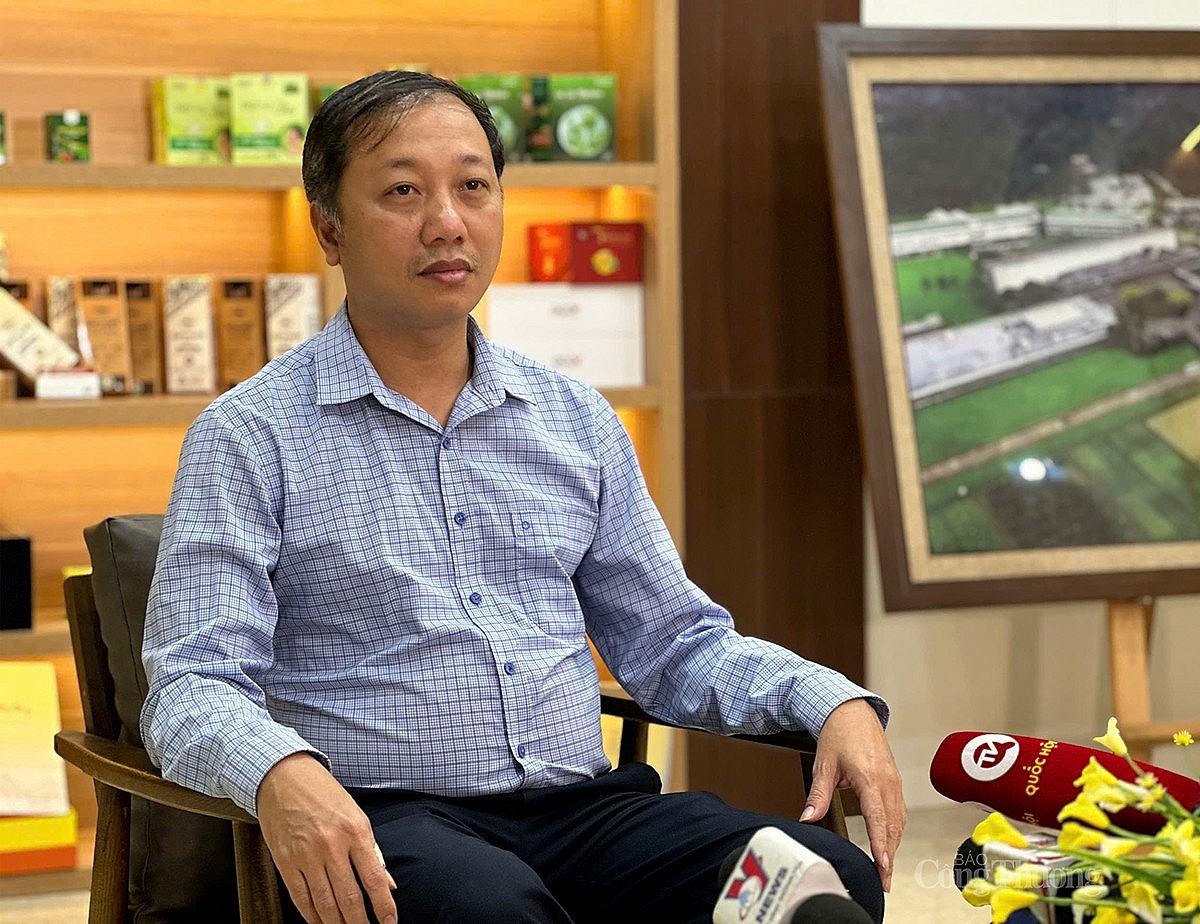 |
| Mr. Nguyen Quang Hieu, Deputy Director of Plant Protection Department (Ministry of Agriculture and Rural Development) |
Specifically, with the reduced inspection method, the competent authority will inspect the records of a maximum of 5% of the total number of imported shipments within 01 year randomly selected by the Customs authority; the normal inspection method, whereby only the records of the imported shipment are inspected; the strict inspection method, whereby the records are inspected in combination with sampling for testing.
Based on monitoring data, post-inspection, domestic and international food safety warnings, and food safety violations over the years, specialized management agencies decide to apply regular inspection methods or strict inspections to shipments and items.
In addition to the food safety inspection of imported fruits before customs clearance, every year, the specialized agency of the Ministry of Agriculture and Rural Development, the Plant Protection Department, implements the Food Safety Monitoring Program for imported foods of plant origin.
The main activity of this program is to collect samples to analyze food safety indicators, especially focusing on indicators of pesticide residues on imported fruits.
The objective of the Program is to assess the safety level of imported foods, demonstrated through compliance with Vietnam's food safety regulations; serve food safety inspection activities for imported goods of plant origin, prevent shipments that do not ensure food safety, protect the health of domestic consumers; promptly propose to management agencies to supplement or change inspection criteria and inspection items for imported foods to suit the actual situation.
It can be seen that the results of food safety monitoring activities play a major role in deciding on the method of inspection of imported goods/lots.
Returning to the fresh grapes imported into Vietnam, how is food safety inspection conducted, sir?
Currently, all fruit batches, including grapes, imported into Vietnam are subject to the usual food safety inspection method (only checking records). The order and procedures for food safety inspection are implemented according to the provisions of Decree 15.
For imported grapes, the Plant Protection Department has included them in the food safety monitoring program. In 2024, the authorities tested 10 samples of imported Chinese grapes, and the results showed that no samples violating Vietnamese food safety regulations (pesticide residues) were detected. In 2023, the results of monitoring Chinese grapes, testing 77 samples, found 1 sample (1.3%) violating Vietnamese regulations.
Thank you!
Recently, the Thai Pesticide Alert Network (Thai-PAN) issued a warning about the contamination of milk grapes after discovering that most of the collected fruit samples contained toxic chemical residues exceeding the maximum allowable level. The agency purchased 24 samples of popular grapes from various locations in early October. As a result, 23 out of 24 Shine Muscat (milk grapes) samples tested were found to be contaminated with toxic substances. Of these, 9 milk grape samples were identified as imported from China, while the origin of the remaining 15 samples was unknown. Notably, one sample of milk grapes was found to contain pesticides banned in Thailand; 22 samples contained 14 harmful chemical residues exceeding the safe limit and 50 other pesticide residues. Many pesticides are capable of penetrating the grapes to help them stay fresh longer. |
In recent times, milk grapes have been a popular import item in Vietnam. Milk grapes, with the English name Shine Muscat, originally came from Japan and are known as the “Hermes” of the grape village. However, this type of grape is no longer considered a “noble” fruit in China, as it is widely grown in many localities. In China, milk grapes are called Sunshine Rose with the main growing areas in Shaanxi, Xinjiang, Yunnan, Gansu, Ningxia... This type of milk grape has large, glossy green fruit, with or without seeds. When ripe, the grapes have a rich sweet taste and a very special milky aroma. Currently, Chinese milk grapes are being sold in many supermarkets, stores, online markets and covered in sidewalk vendors at super cheap prices, commonly from 50,000 - 80,000 VND/kg, even some types cost only 20,000 - 30,000 VND/kg. |
Source: https://congthuong.vn/ong-nguyen-quang-hieu-thong-tin-ve-viec-nho-sua-trung-quoc-co-du-luong-thuoc-sau-vuot-nguong-cho-phep-356039.html


![[Photo] Magical moment of double five-colored clouds on Ba Den mountain on the day of the Buddha's relic procession](https://vphoto.vietnam.vn/thumb/1200x675/vietnam/resource/IMAGE/2025/5/9/7a710556965c413397f9e38ac9708d2f)

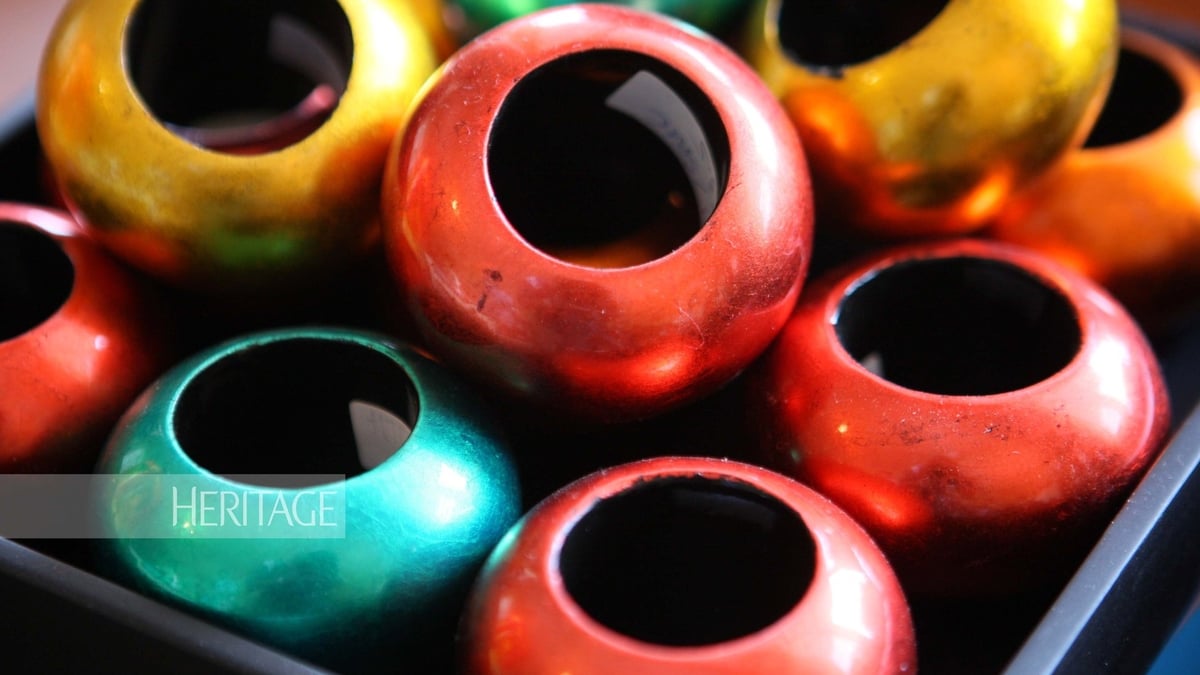







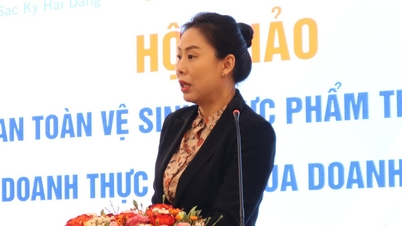



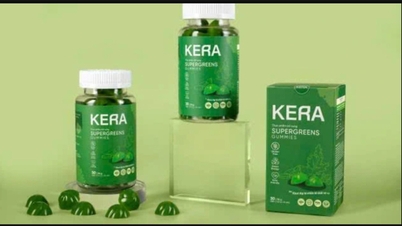


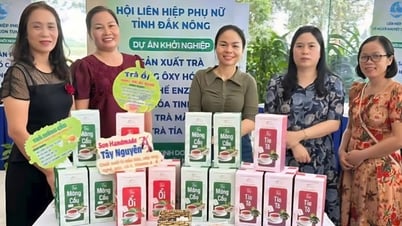


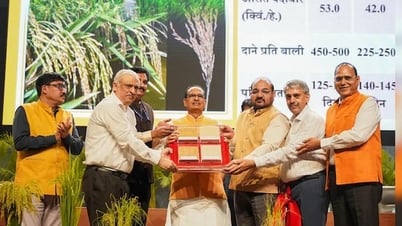




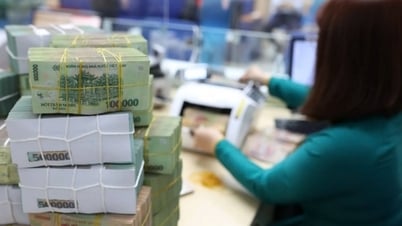


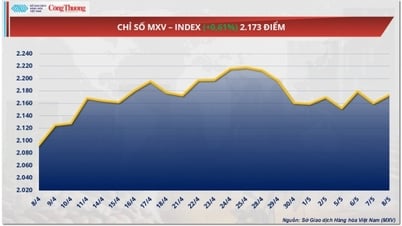



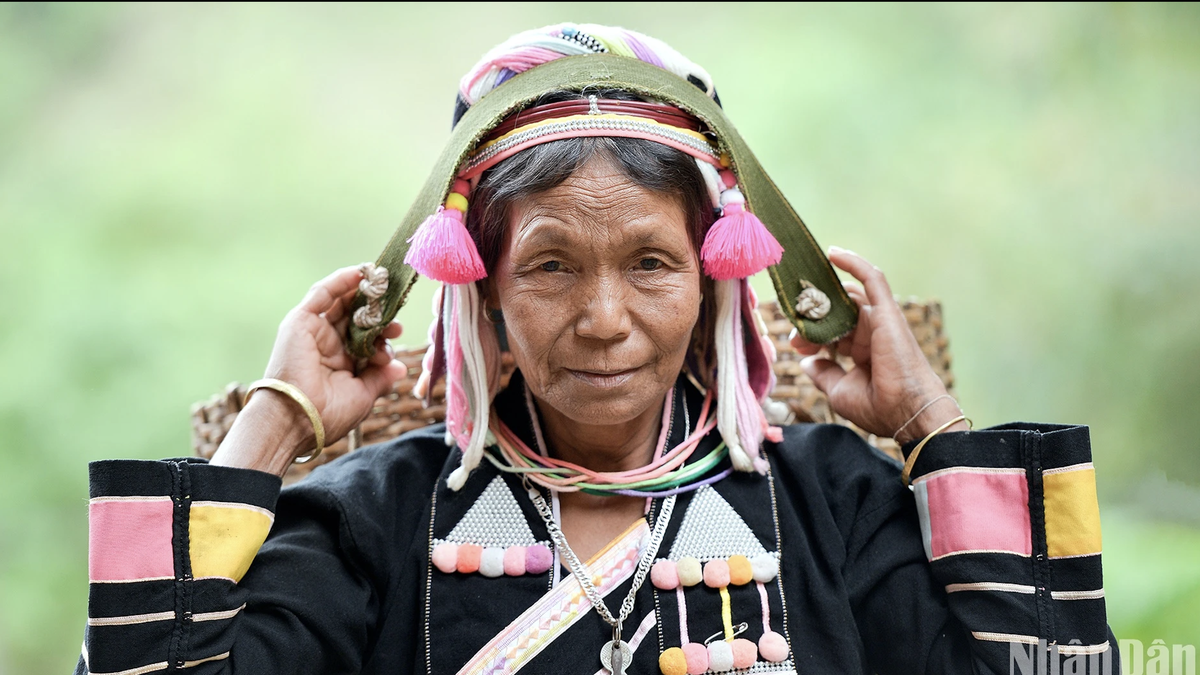
![[Photo] General Secretary To Lam begins official visit to Russia and attends the 80th Anniversary of Victory over Fascism](https://vphoto.vietnam.vn/thumb/1200x675/vietnam/resource/IMAGE/2025/5/8/5d2566d7f67d4a1e9b88bc677831ec9d)









































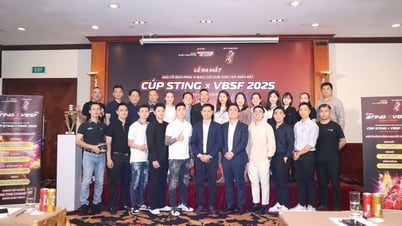

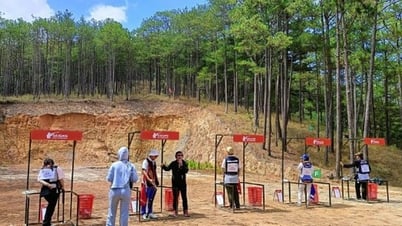


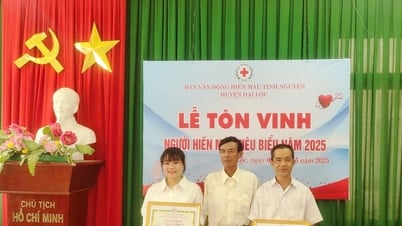



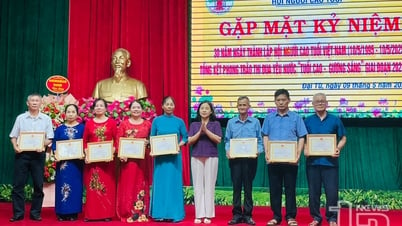

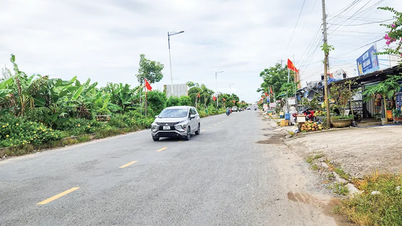














Comment (0)